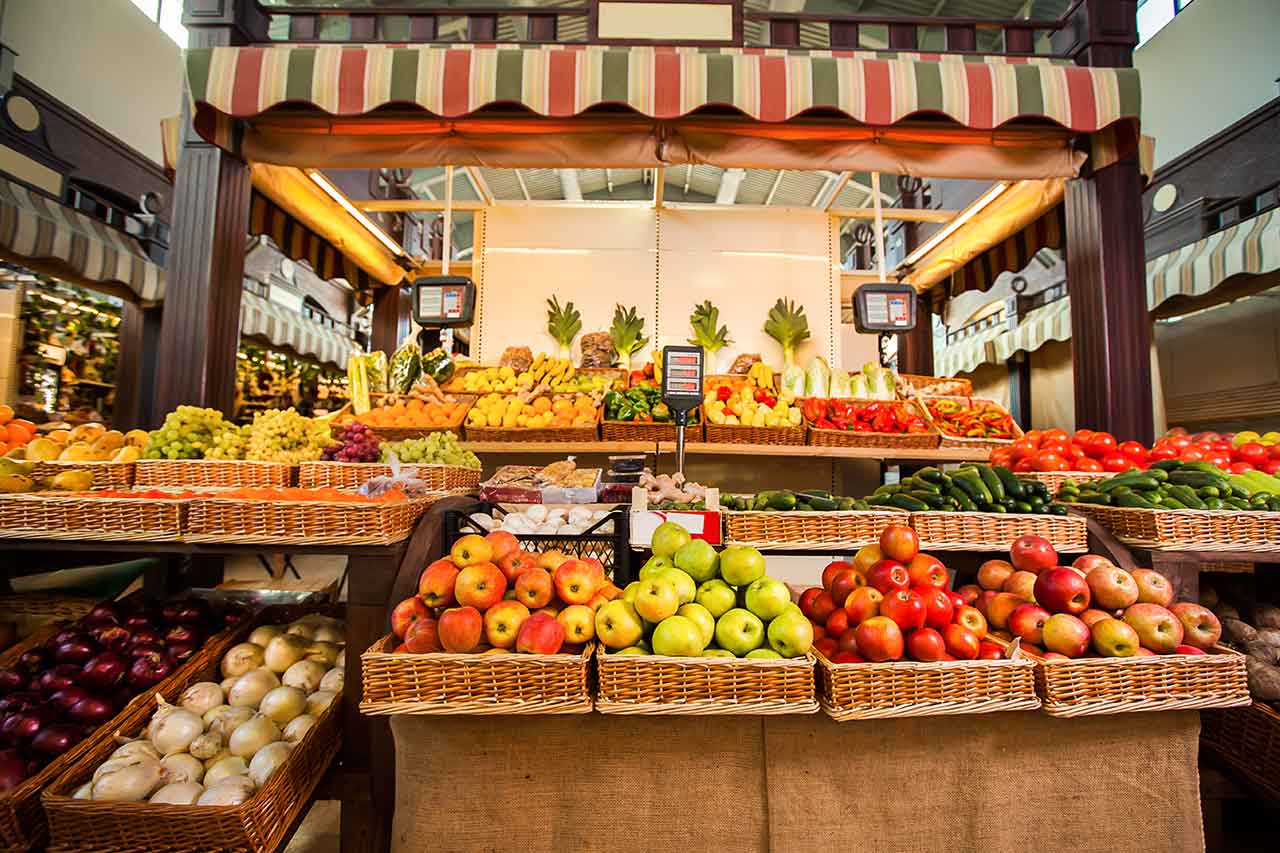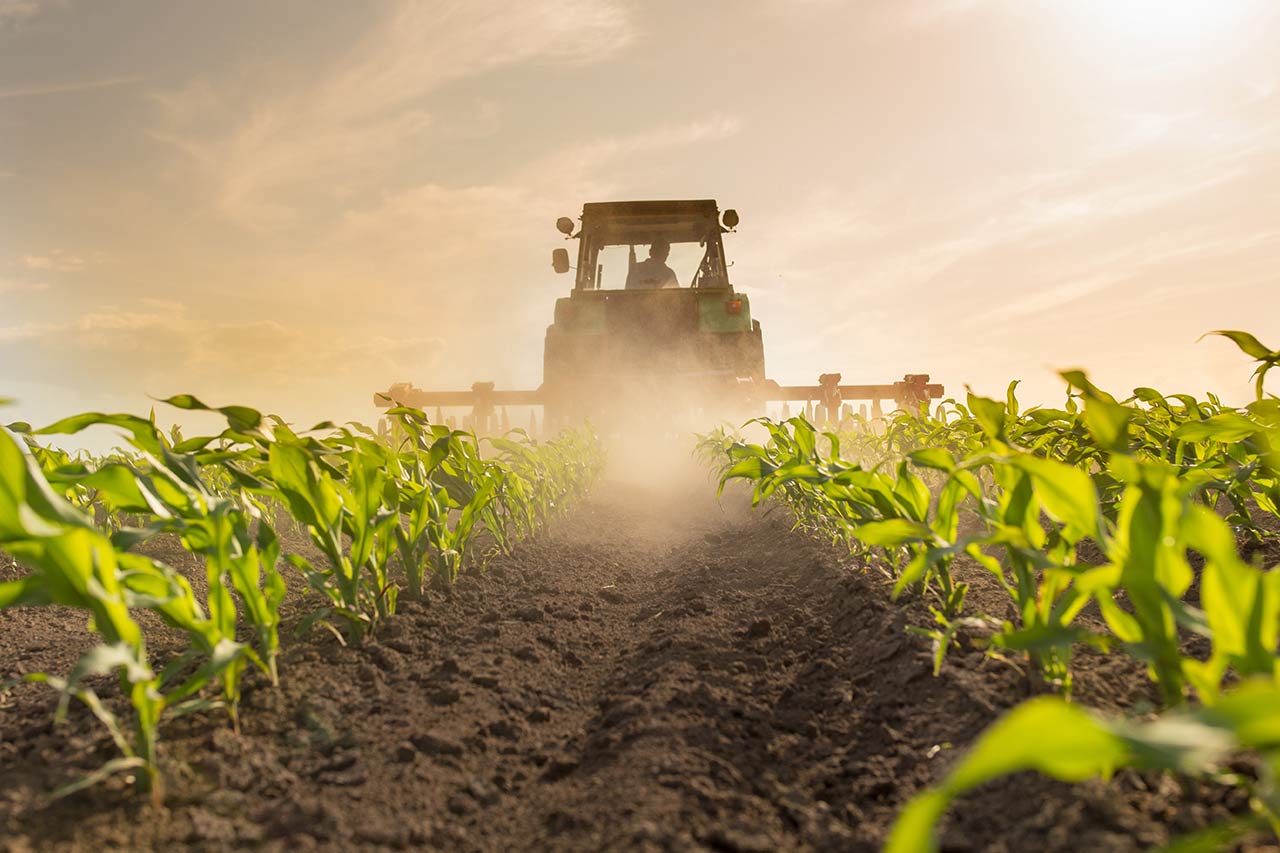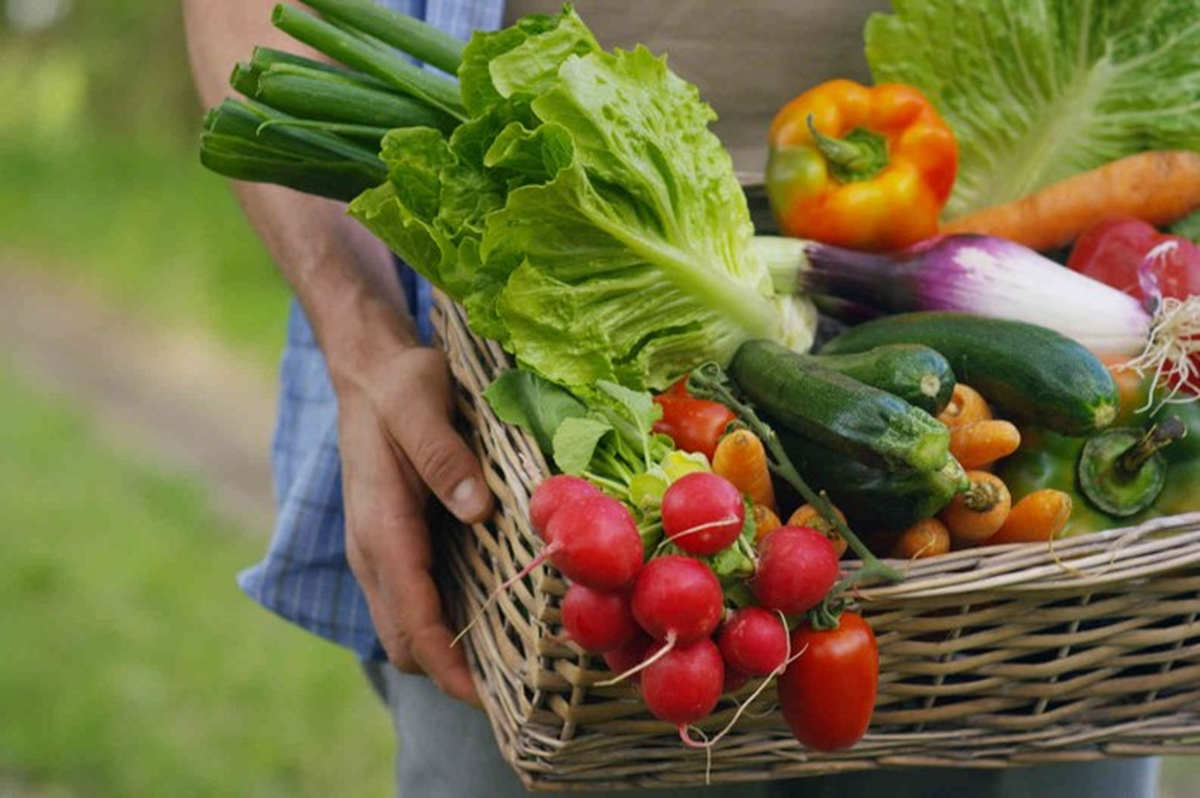
Biological control
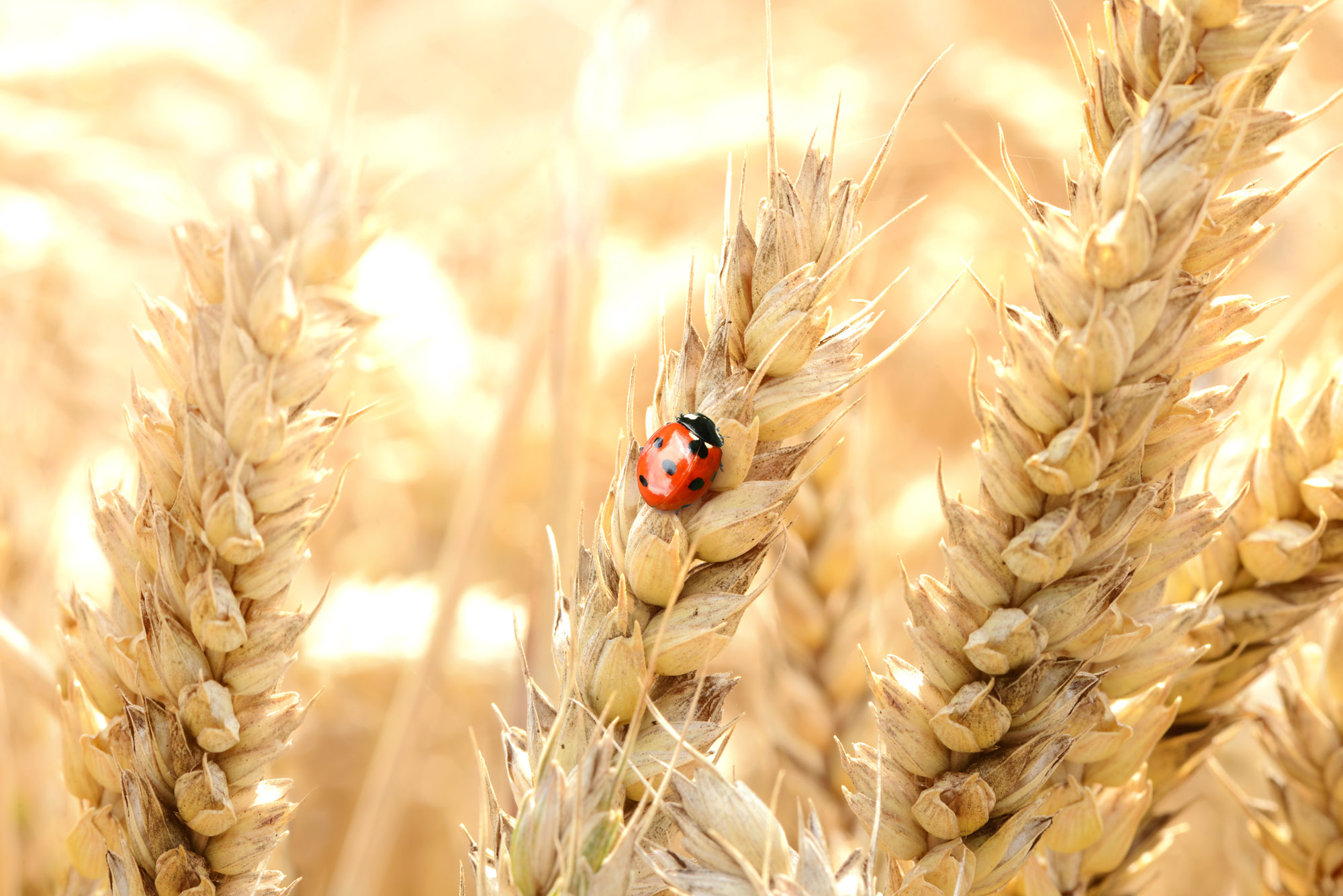
Meet the challenges of sustainable agriculture with biocontrol
Our specialized team supports agrifood manufacturers in their biological control projects to meet the challenges of a more healthy and environmentally respectful agriculture.
They trust us








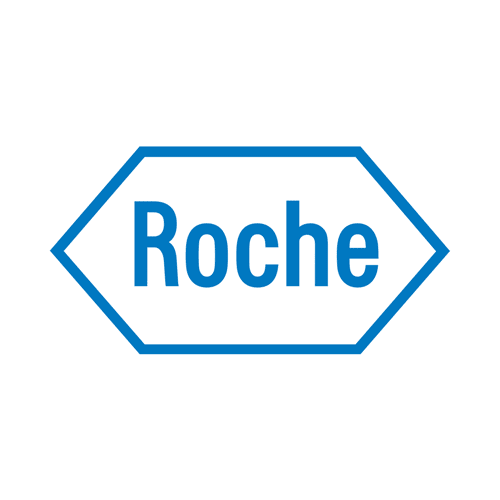






The challenges related to biological control
In the context of strategies for reducing synthetic pesticide use, there is a growing call to centralize the use of microorganisms, natural substances and natural mechanisms in agricultural practices. But while the promise of biological control approaches seems to offer responses to the environmental problems of upstream agriculture, their deployment must address key issues linked to their integration in modern agriculture:
- Performance challenges, where R&D efforts must be focused in order to offer farmers a comparable efficacy to their current methods against insect pests
- Regulatory challenges to go to market, as these new natural approaches must be evaluated with the same standards as pesticides, while aiming for optimized timing with regards to environmental urgency
- Challenges of acceptance amongst farmers, not only by voluntarily changing their agricultural practices, but also regarding tough questions around their investments, eventually additional costs and crop productivity losses while taking into considerations the overall profitability of farming operations.
While biological control was initially supported by start-ups and SMEs for around a decade, the subject is now heavily invested in by industry leaders producing plant protection products. These industry leaders have a largely superior capacity for investing, which they are putting towards innovative biological control solutions to develop natural products with comparable results to traditional pesticides. Satisfying the expectations of farmers requires a partnership approach, putting together industry leaders, start-ups, universities, and technical centers, in order to ensure adequate environmental, agronomic and economic performance in real-life conditions.
Who are the key actors to follow or to integrate into developmental partnerships for the biological control solutions of tomorrow? What are the highest performing and most innovative solutions in biological control?
The procedures for bringing crop protecting products to market are based on the authorization regulations for chemical fertilizers. To ensure that these substances are harmless for the environment and people, these procedures are generally long and expensive. While natural products are not exempt from this procedure, as they could also carry ecological toxicology risks, it is still necessary to consider adapting market launch procedures moving forward. For example, in France, l’Anses (the national agency for food safety) allows for biological control products to have specific priority measured (such as shorter processing times and reduced taxes). Additionally, evaluation skills can be a barrier, as there are few centers of biocontrol expertise in France and Europe.
What are the biological control products currently under evaluation, and the closest to market authorization? What are the regulatory controls in place for different countries? How much room is there to maneuver? How to optimize the market launch strategy for biocontrol products?
Biological control products have a specific mechanism of action, which requires farmers to adapt their conventional agricultural practices to pesticides. Thus, it is necessary to implement trainings, aid tools, and incentives for farmers and agricultural professionals to switch products to combat insect pests. A central question is how to financially balance farm costs and price impacts across the value chain. Indeed, most of the time biological control solutions provide less crop yield than conventional methods; thus it is essential to find solutions to enhance the environmental premium for industrial clients and consumers, in order to reward the efforts of farmers who opt for natural products.
What is the receptivity of farmers to biological control solutions, taking into account the environmental benefits and economic impacts on their farms? What are the future economic models that will allow the promotion of a shared environmental premium for biological control solutions?
How we support you in your projects related to biological control
For more than 25 years, Alcimed has been supporting stakeholders all along the agrifood value chain to find innovative solutions to technological, economic, societal and environmental challenges. We explore the field of biological control products with a wide range of our clients, including large agri-supply groups, startups developing innovative solutions, research consortiums, and institutes.
The diversity of our clients, the geographical areas we explore, and the types of projects we carry out give us a global and in-depth understanding of the issues and challenges linked to crop protection and biological control.
Our projects cover diverse subjects including conducting scientific state-of-the-art studies for identifying key innovations, supporting the development of new services and offers, redefining strategic positioning, regulatory analysis, sector studies, market studies, and many others!
Examples of recent projects carried out for our clients in biological control
Supporting an industrial player in creating their value proposition for biological control microbial treatments for seeds
We supported a major industry player in exploring the market of seed microbial treatments. The target of the investigation was to identify pain points, needs, and expectations of players all along the value chain in order to build a differentiating value proposition.
Through this, we were able to bring a clear picture of the biological control market in seed microbial treatments, allowing the prioritization of unsatisfied needs and functionalities that our client could respond to. We also helped in the creation of a 5-year roadmap, identifying each key step and the internal initiatives required to accomplish them.
Benchmark of biological control products to define a differentiation strategy
We supported an industry player in identifying vendors of biological control products by creating a database summarizing the characteristics of each biocontrol product in terms of applications, application markets, to the objectives and the performance, as well as the available economic data.
We were thus able to bring a clarified vision of the biological control market, allowing our client to refine their strategy of positioning and identify differentiating elements on which to position themselves.
Receptivity study for a new biological control solution
Alcimed supported a leading player in crop protection products in gauging the receptivity of a biological control product that could be used as an insecticide alternative. We identified the specific expectations of players in the agricultural world, including farmers and technical experts of the sector, and assessed the perceived pros and cons of our client’s novel approach. The project clarified the major ways to improve the new biocontrol solution.
In the end, we allowed our client to validate their concept, while highlighting the key expectations to address. At the same time, we identified potential partners to test our client’s biocontrol solution and advance in building a value proposal based on real-life conditions.
Positioning study on a sexual confusion solution
We helped a client test the receptivity of a biological control solution based on sexual confusion for combatting vineyard pests.
To help our client validate the relevance of their innovation, we investigated the key needs and expectations of farms and vineyard players, and finely analyzed their practices to understand the opportunity to put this new biocontrol solution into action.
We thus allowed our client to understand the market potential of their biocontrol innovation, both in France and in Europe. We also imagined go-to-market options as well as the necessary internal changes to put in place a well-equipped sales force.
Identification of potential takeover targets or partnerships in the biological control segment for a leading agri-business
We helped a leading agri-business to identify opportunities in the field of biocontrol, by identifying the technologies and products on the market and prioritising the leading players.
We identified nearly 700 opportunities (products/companies) around the world, selected around thirty players developing a variety of solutions (microbials and macrobials, natural substances, chemical mediators, bacteriophages, etc.), and selected a TOP 5 of companies with innovative products close to market, ready to enter into a partnership with our customer.
Mapping of training courses on biological control solutions and biostimulants
We helped the sponsors of the Efor2Bio project, a training and skills pipeline diagnostic project run by the Université Côte d’Azur and funded under the France 2030 Programme d’investissement d’avenir (PIA), to map out existing training courses in the field of biological control and biostimulants in France.
Our teams helped to identify existing training courses, to analyse the level of information provided in these courses, and to identify the skills needed or expected in the different categories of jobs dealing with biocontrol.
This work has enabled us to formulate conclusions about the sector’s needs in relation to the existing training provision, and recommendations on the future of training in biological control and biostimulants, in terms of content, target audience and format.
You have a project?
To go further
Cross-sector
Beyond organic farming, the Zero Pesticide Residue trend
What opportunities does the "Zero Pesticide Residue" label open up in terms of new offers for agribusiness in the face of growing consumer demand?
Agrifood
Which future for labels in agriculture?
The labels in agriculture allow to value the efforts of the agri-food sector but would lose the consumers and would make the management of the farms more complex for farmers facing a multiplication ...
Cross-sector
An organic market facing an unprecedented situation
After years of growth, the organic market is running out of steam with a 6.3% drop in sales in 2022. What strategy should be adopted to face this unprecedented situation?
Founded in 1993, Alcimed is an innovation and new business consulting firm, specializing in innovation driven sectors: life sciences (healthcare, biotech, agrifood), energy, environment, mobility, chemicals, materials, cosmetics, aeronautics, space and defence.
Our purpose? Helping both private and public decision-makers explore and develop their uncharted territories: new technologies, new offers, new geographies, possible futures, and new ways to innovate.
Located across eight offices around the world (France, Europe, Singapore and the United States), our team is made up of 220 highly-qualified, multicultural and passionate explorers, with a blended science/technology and business culture.
Our dream? To build a team of 1,000 explorers, to design tomorrow’s world hand in hand with our clients.
Biological control is a crop protection method against insect pests that prioritizes the use of natural products and mechanisms that are less harmful to the environment and human health. It employs the use of chemical mediators, microorganisms and natural substances to limit the use of synthetic pesticides.
Researchers, manufacturers and public authorities are all highlighting the advantages of using biocontrol solutions in agriculture:
- Minimal impact on the environment, thanks to natural solutions that protect biodiversity and degrade rapidly;
- Reduced health risks for farmers and people living near agricultural plots, unlike many pesticides that are toxic to humans;
- Slower resistance from pests, which find it difficult to combat the various modes of action of biocontrol products;
- A favourable cost-effectiveness balance: although this last point is questioned by the farming profession, several studies commissioned by the European Parliament or the US Department of Agriculture estimate that the cost per hectare of biocontrol solutions is significantly lower for farmers than for other crop protection measures.
